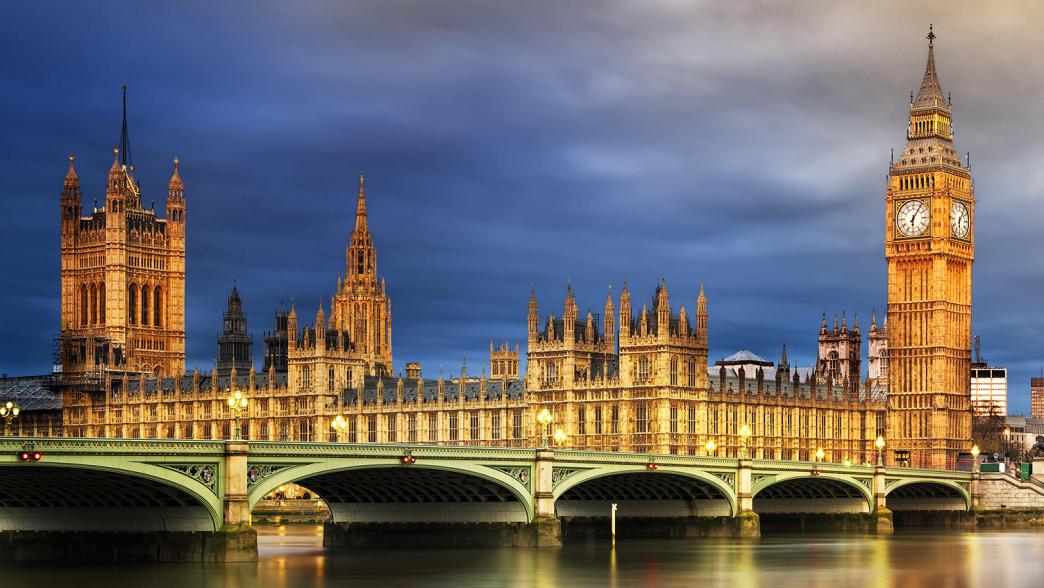Ministers should protect the UK’s system of constitutional guardians
With the health of the UK constitution depending on an ecosystem of bodies and individuals, ministers should do more to protect these vital guardians.

With the health of the UK constitution depending on an ecosystem of bodies and individuals, Jack Pannell argues that ministers should do more to protect and strengthen these vital guardians
Our framework for reviewing the UK constitution set out how our uncodified constitution is governed through a series of checks and balances. While the most important of these are between and within the core branches of government – the executive, legislature and judiciary – constitutional balance is also maintained through a broader ecosystem of individuals, bodies, and institutions that collectively monitor and uphold the constitution, and in turn protect democratic integrity in UK governance.
Our new paper – part of the IfG and Bennett Institute review of the constitution – takes a closer look at these ‘constitutional guardians’ and identifies three types. Core guardians are the top-level institutions – the executive, legislature and judiciary. Auxiliary guardians are the actors within those institutions who are responsible for both the health and the day-to-day operation of the constitution, people like the attorney general or the cabinet secretary. Tertiary guardians are organisations and individuals outside the core institutions that advise, investigate, report on and regulate across the constitution. They include standards bodies, but also other organisations such as the boundary commissions and the NAO.
This ecosystem works together to maintain balance in the functioning of the UK constitution. But it is fragile, and it is under increasing pressure. To avoid the risk of damaging public trust in the governance of the UK and its core democratic principles, ministers need to do more to strengthen and protect this vital eco-system.
In recent years, the system has been undermined
Since the 2016 EU referendum, these guardians have come under increased political pressure, with the executive has been prepared to test norms and conventions, and undermine tertiary guardians in particular.
Guardians that provide advice, such as Advisory Committee on Business Appointments and the independent adviser on ministerial interests, have seen it ignored. When Sir Alex Allan determined that Priti Patel had broken the ministerial code, Boris Johnson chose not to fire her – Sir Alex resigned as the government’s independent standards adviser. The House of Lords Appointments Commission recommended not giving a peerage to Conservative donor Peter Cruddas in 2020, but he was appointed, nonetheless. Other government appointments have also caused controversy, with a recent Institute for Government report finding evidence of political connections playing a role in appointments. Those that monitor the constitution should be neutral, and not feel indebted to political patronage for their positions. Moreover, if appointments are seen to be politically driven, public trust in these institutions could be undermined.
The independence of several guardians has also been threatened. The requirement by the government for the Electoral Commission to ‘have regard’ for a strategy statement by the government itself risks more executive interference with its work. The move was criticised by the commission as ‘not consistent with the role that an independent Commission plays in a healthy democracy’.
4
The Electoral Commission,
A strategy and policy statement for the Electoral Commission, www.electoralcommission.org.uk/who-we-are-and-what-we-do/our-views-and-research/elections-act/a-strategy-and-policy-statement-electoral-commission
The constitutional system has held up under these strains, but the vulnerability of the system has been exposed.
Reforms are needed to strengthen this eco-system
The new government may take a different approach to checks and balances. Rishi Sunak has committed to appointing an independent adviser on ministerial interests, which is a welcome step, but the last few years have shown that changes need to be made to ensure that the system is more resilient. Our report sets out proposals to reinforce these important checks and balances.
Many constitutional guardians lack any statutory backing. With such a key role in UK governance, the threat of abolition at the whim of a minister without a vote in parliament limits the guardians' ability to act strongly to protect the constitution. These include the House of Lords Appointments Commission, the Advisory Committee on Business Appointments, and the independent adviser on ministerial interests. All constitutional guardians should be underpinned by statute.
That the prime minister can prevent the publication of reports from the independent adviser on ministerial interests, or that the government can ignore reports by the Committee on Standards in Public Life, weakens the ability of these guardians to encourage better behaviour. Guardians should be able to independently publish their own reports, and there should be a statutory duty for government to respond to those reports.
There are risks to letting the government oversee the bodies and individuals that monitor their actions. Parliament needs to have a stronger relationship with these guardians too. More accountability to parliament and giving select committees a veto on appointments to guardians would help protect from undue executive meddling.
A threat to one part of this ecosystem of constitutional guardians can imperil the whole. It plays a vital role, and steps need to be taken to protect it all.
- Supporting document
- constitutional-guardians.pdf (PDF, 1014.32 KB)
- Institution
- Judiciary
- Publisher
- Institute for Government